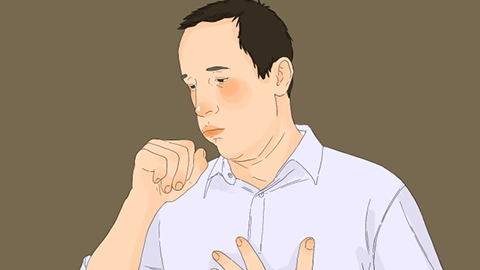Dry cough without phlegm: is it due to excess heat or cold in the lungs?
Generally, a dry cough without phlegm may be caused by either excessive heat or cold in the lungs and should be judged according to accompanying symptoms. Dry cough caused by excessive lung heat typically presents with signs of heat, while dry cough caused by lung cold typically presents with signs of cold. Specific analysis is as follows:

If the dry cough is accompanied by symptoms such as sore throat, dry mouth and tongue, hoarseness, or fever with minimal, sticky phlegm that is difficult to expel, it is mostly due to excessive heat in the lungs. Lung heat may consume body fluids, causing the respiratory tract to lose necessary moisture and thus triggering a dry cough. This condition commonly occurs in dry climates, following late nights or excessive internal heat, or during the later stages of a cold.
If the dry cough is accompanied by symptoms such as an itchy throat, worsening cough when exposed to cold, aversion to cold, clear nasal discharge, or thin, watery phlegm, it is primarily due to cold in the lungs. Lung cold may impair the normal dispersion of lung qi, and the respiratory tract may become irritated by cold stimuli, causing spasmodic dry cough. This condition often occurs after exposure to cold or when inhaling cold air.
Daily management should be based on the specific syndrome type. For dry cough due to lung heat, drinking more warm water or pear soup and avoiding spicy and heat-inducing foods can be beneficial. For dry cough due to lung cold, keeping warm and appropriately consuming ginger and red date tea while avoiding raw and cold foods are recommended. Maintaining a suitable indoor humidity level and reducing irritants such as dust and smoke can also help alleviate dry cough symptoms and support respiratory comfort.




